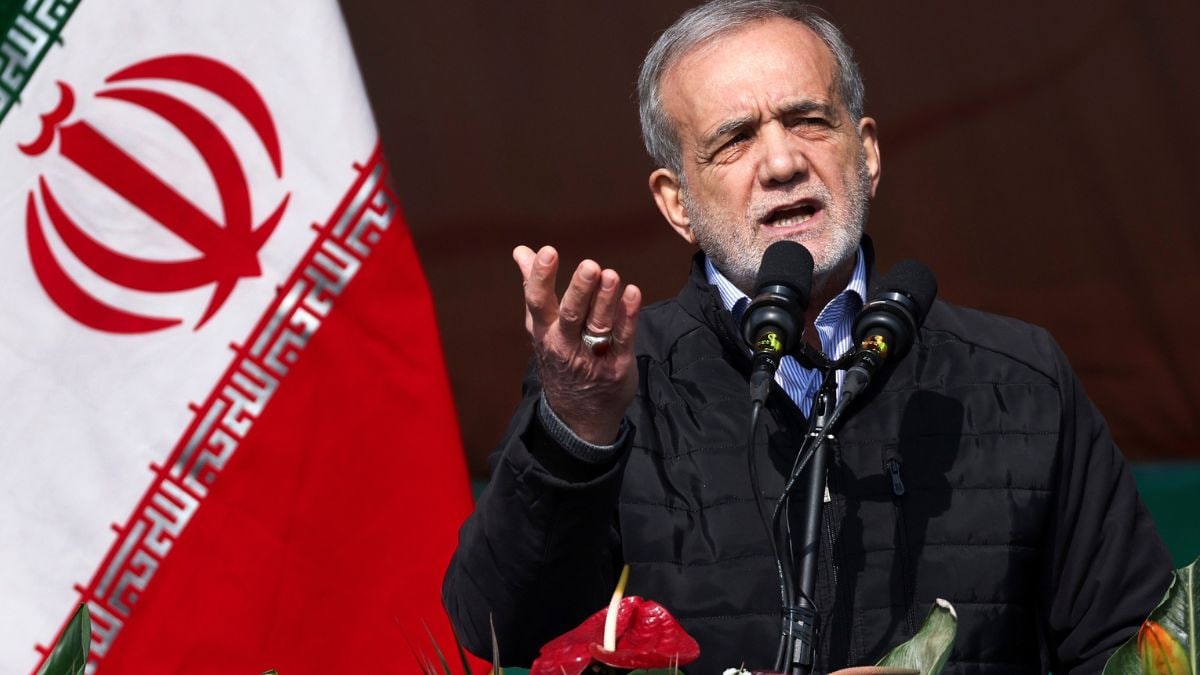Having Pezeshkian announced the decision shows just how much has changed in Iran since his election half a year ago after he campaigned on a promise to re-engage with the West.read more
Iran has rejected direct negotiations with the United States over its nuclear program, President Masoud Pezeshkian said on Sunday in the first official response to a letter from President Donald Trump to Supreme Leader Ayatollah Ali Khamenei.
Pezeshkian said Iran’s reply, delivered through Oman, opened the possibility of indirect negotiations with Washington. However, such talks have remained stalled since Trump withdrew the US from the 2015 nuclear deal in 2018.
Since then, regional tensions have escalated with maritime and land attacks, the Israel-Hamas war in Gaza and Israeli strikes on leaders of Iran’s so-called “Axis of Resistance.” Meanwhile, U.S. airstrikes on Iran-backed Houthi rebels in Yemen have further fueled concerns about potential military action against Iran’s nuclear facilities.
“We don’t avoid talks; it’s the breach of promises that has caused issues for us so far,” Pezeshkian said in a televised Cabinet meeting. “They must prove that they can build trust.”
Iran sent a response Thursday through Oman to U.S. President Donald Trump’s letter in which he urged Tehran to reach a new nuclear deal, Iranian Foreign Minister Abbas Araqchi was cited as saying by the official IRNA news agency on Thursday.
“Our policy is still to not engage in direct negotiations while under maximum pressure and military threats; however, as it was the case in the past, indirect negotiations can continue”, IRNA cited Araqchi as saying.
Trump’s letter comes amid warnings from both the U.S. and Israel that they will not allow Iran to obtain a nuclear weapon, raising fears of a possible military confrontation as Tehran continues enriching uranium to near weapons-grade levels—a capability typically possessed only by nuclear-armed states.
Iran has consistently claimed its nuclear program is for peaceful purposes, though its officials have increasingly hinted at the possibility of pursuing nuclear weapons.
Since Trump’s return to the White House, his administration has reiterated that preventing Iran from acquiring nuclear arms is a priority. A February report by the U.N.’s nuclear watchdog indicated that Iran has accelerated its production of near weapons-grade uranium, adding to global concerns.
Trump also previously ordered the 2020 drone strike in Baghdad that killed Iran’s top general, further escalating tensions between the two nations.
With inputs from agencies
